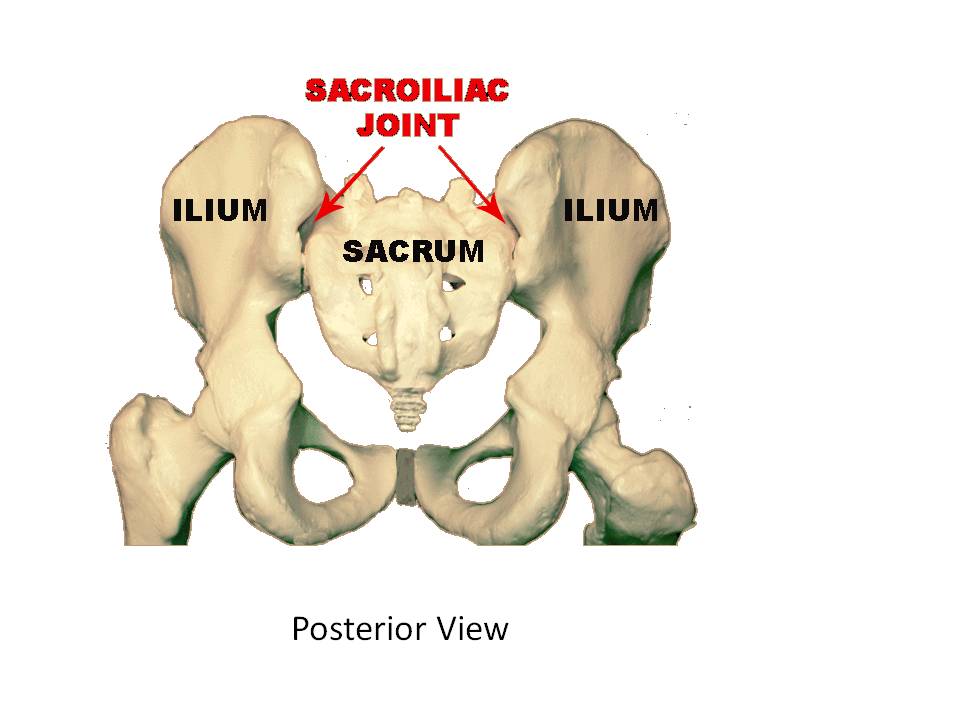Treatment of SI joint pain (SIJP) includes chiropractic manipulation (good for the SI joint that isn’t moving enough), myofascial release, heat, postural education, SI belts (good short term strategy for the SI joint that is moving too much), electrical stimulation, stretching, therapeutic exercises, SI joint injections including prolotherapy, Platelet Rich Plasma, stem cells and SI joint fusion.
At Back to Function, we use a combination of chiropractic manipulation, myofascial release, stretching, electrical stimulation, SI belts and therapeutic exercises to get rid of SI joint pain. Not only is our treatment protocol unique, but we are one of the few providers in California certified to use Postural Restoration techniques.
At Back to Function, we choose exercises based on the specific postural pattern and side of the SI joint pain. For the PEC pattern, the primary goal is to restore the ability of the patient to flex their spine and expand their posterior mediastinum. This will allow them to touch their toes (without pathologically overstretching their hamstrings) and to fully squat comfortably while breathing. Once the sagittal plane motion and ability that was compromised by the PEC pattern is restored, the patient is managed for the underlying Left AIC pattern depending on the side of SI joint pain (for more information on the PEC & Left AIC patterns see Part 2: Assessment of SI Joint Instability).
Examples of PEC Exercises to Correct Sagittal Plane Posture
90-90 Hip Lift
Modified All-4 Belly Lift
Wall Short Seated
Right SI Joint Pain/Dysfunction Related to a Left AIC Pattern
Right SI joint pain is thought to occur because of too much motion across the posterior right SI joint due to the distraction across the joint caused by right sacrum rotation. Based on the left AIC pattern, the right hip is often positioned in internal rotation and adduction. To achieve optimal lumbar-pelvic-femoral position, the goal would be to achieve right hip external rotation with concomitant left hip internal rotation. The right gluteus maximus can correct right hip external rotation in the transverse plane which can contribute to repositioning the sacrum from a position of orientation of right rotation towards neutral.
Exercises with the patient in a side lying or supine position are done initially until motor control with the correct muscles is achieved. Then exercises can be advanced to sitting and then to a more functional standing position.
Left Sidelying Right Glute Max
Left Side Lying Right Glute Max with Hip Extension and Abduction
Standing Wall Supported Left Knee Flexion with Resisted Right Glute Max
Left SI Joint Pain/Dysfunction Related to a Left AIC Pattern
Left SI joint pain is thought to be caused by too much motion in the SI joint due to compensation for the inability to get left hip internal rotation due to the left AIC pattern. This causes compression at the left SI joint and can contribute to SI joint instability. Exercises need to focus on training the left hip to internally rotate via the left acetabulum moving over the left femur with facilitation of the left gluteus medius and adductor magnus.
Right Side Lying Left Adductor Pull Back
Left Side Lying Knee Towards Knee
Left Side Lying IO/TA with Left Adductors and Right Glute Max
This article demonstrates a few exercises related to SI joint pain that can be caused by postural asymmetry. For a detailed evaluation of your SI joint pain, please contact us at 310-534-1900 or by email at info@backtofunction.com.
References:
- Boyle, Kyndall. Conservative Management for Patients with Sacroiliac Joint Dysfunction. www.intechopen.com



